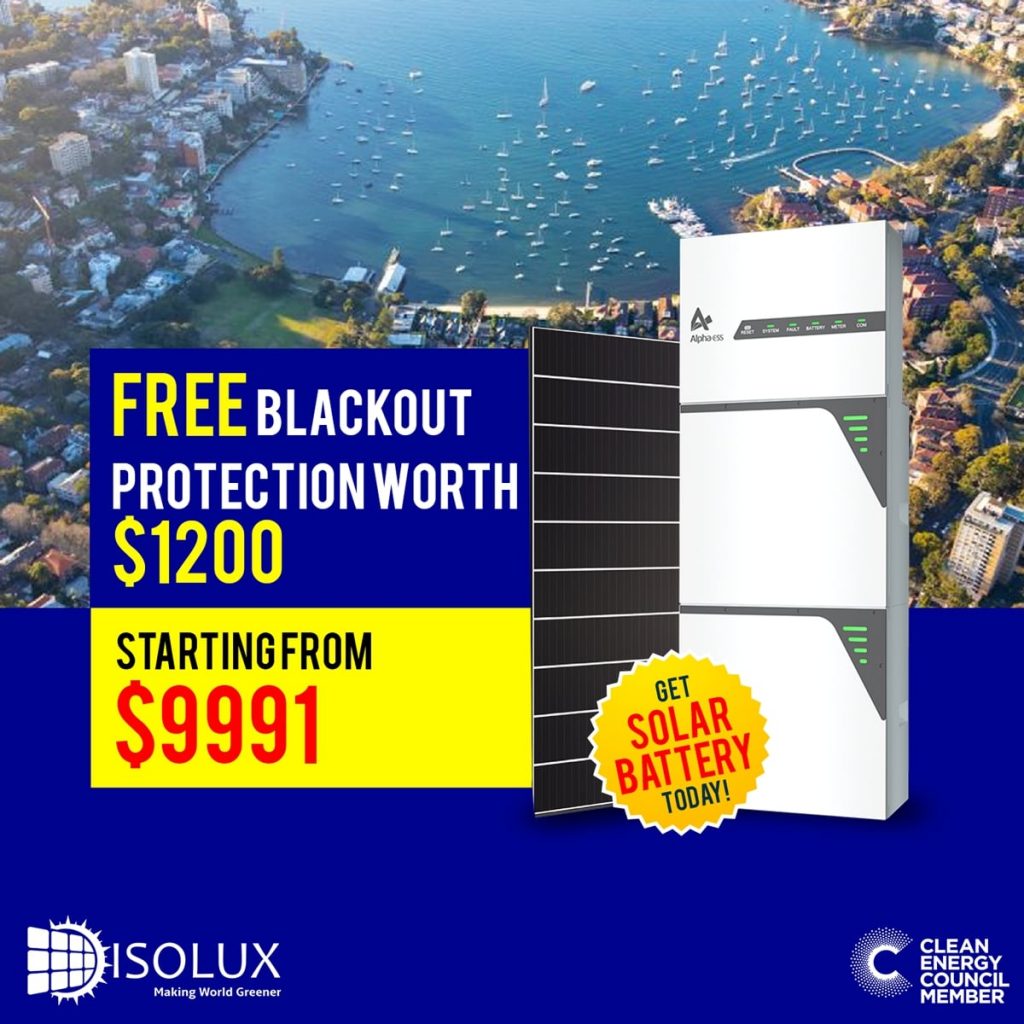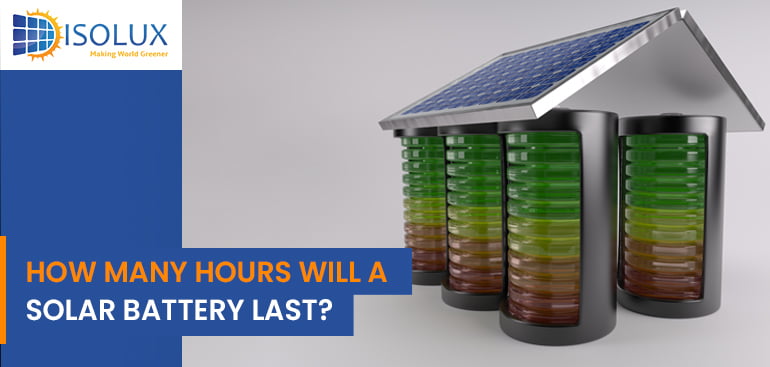Solar battery storage systems are a crucial component of any solar energy system, serving as the storage unit for excess energy generated by solar panels. These batteries are designed to provide reliable and consistent power, even when the sun is not shining. However, it’s important to understand the factors that determine the capacity and lifespan of a solar battery.
In this article, we will explore the key elements that impact the duration a solar battery can last, including capacity, discharge rate, temperature, and maintenance. We will also provide tips to help you get the most out of your solar battery.
Understanding Solar Battery Capacity
The capacity of a solar battery refers to the amount of energy it can store, measured in kilowatt-hours (kWh). When choosing a solar battery, it’s important to select one with a capacity that is large enough to meet your energy needs. The size of the battery you need will depend on several factors, including your daily energy usage, the size of your solar energy system, and your backup power requirements.
It’s also important to understand the battery’s discharge rate, which is the amount of energy the battery can release at one time. For example, a battery with a capacity of 10 kWh and a discharge rate of 2 kW. It provides power for 5 hours (10 kWh / 2 kW = 5 hours).

Factors that Affect Solar Battery Lifespan
There are several factors that can impact the lifespan of a solar battery, including temperature, discharge rate, and maintenance.
Temperature
Temperature is a critical factor that affects the lifespan of a solar battery. Batteries are designed to perform best at a specific temperature range, usually between 15°C and 25°C. If the battery is exposed to high temperatures for extended periods, its lifespan may be shortened. On the other hand, if the battery is exposed to low temperatures, its performance may be diminished.
Discharge Rate
The discharge rate of a solar battery also affects its lifespan. Discharging the battery too quickly can put a strain on the cells and shorten their overall lifespan. It’s important to choose a solar battery with a discharge rate that matches your energy needs.
Maintenance
Proper maintenance is essential for prolonging the lifespan of a solar battery. This includes regularly checking the battery’s fluid levels, checking for leaks, and ensuring that the battery is protected from extreme temperatures. Regular maintenance can help to extend the battery’s lifespan and ensure its performance is not compromised.
Choosing the Right Solar Battery
When choosing a solar battery storage system, it’s important to consider the following factors:
Capacity: The capacity of a battery determines how much energy it can store and provide during a blackout.
Compatibility: Make sure that the battery you choose is compatible with your solar panels and home’s electrical system.
Warranty: Look for a battery with a long warranty. As this will give you peace of mind and protect your investment.
Cost: The cost of a solar battery system will vary depending on the size of your system and the type of battery you choose. It’s important to weigh up the cost against the benefits of having a reliable source of backup power.
Conclusion
A solar battery is a critical component of a solar panel system. It provides reliable and consistent power when the sun is not shining. To get the most out of your solar battery, it’s important to understand its capacity and lifespan and the factors that impact them. By following the tips outlined in this article, you can ensure that your battery provides optimal performance and longevity.
Get a free quote from Isolux Solar for a solar battery storage system today and save additional solar power, generated through a solar panel and uses stored energy anytime.
Read Next Blog:




